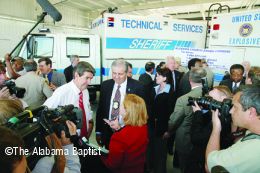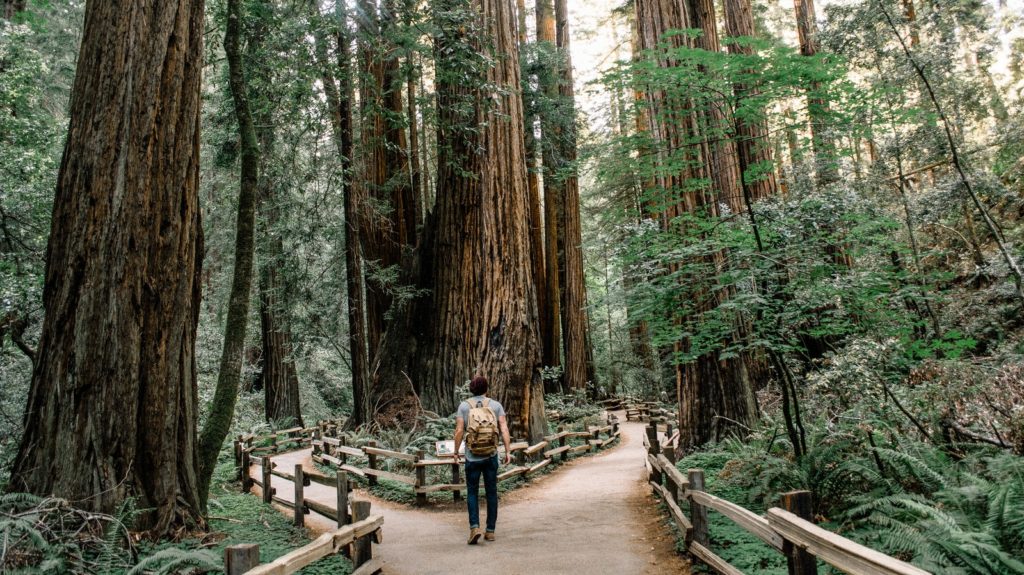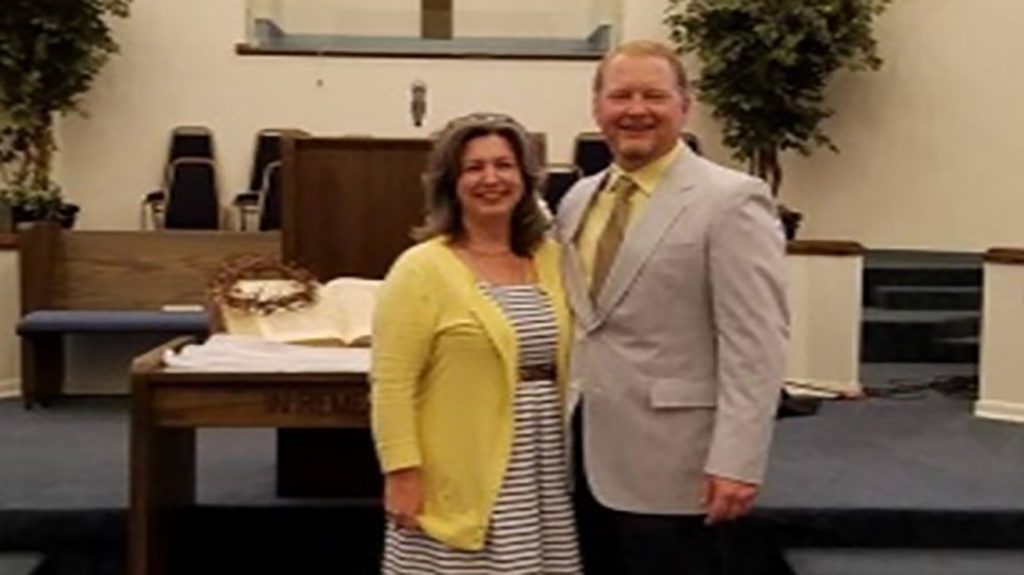The judicial process has begun for three Birmingham college students facing federal charges in connection with the nine church fires set between Feb. 2 and 7.
Matthew Lee Cloyd, a 20-year-old student at the University of Alabama at Birmingham, is cited in the two-count criminal complaint as saying the fires were a joke that “got out of hand.”
The other two, Benjamin Nathan Moseley and Russell Lee DeBusk Jr., are 19-year-old students at Birmingham-Southern College. If convicted, all three could each face a minimum sentence of five years per church, according to U.S. Attorney Alice Martin.
“It’s a good day for Alabama,” said Gov. Bob Riley at the March 8 press conference announcing the arrests. He said Alabama church members can now “rest easier” knowing it was an isolated incident, not an organized attack on religion.
For members of the torched churches, the news brought a flood of relief but also a new jolt of shock.
“There’s relief that there won’t be any more burnings because we were all kind of waiting for the other shoe to drop if they didn’t catch them soon,” said Jim Parker, pastor of Ashby Baptist Church, Brierfield, in Bibb Baptist Association, which was one of the first churches burned.
Parker said that though his church is “relieved to know this had no political, racial or religious overtones,” they are “taken aback” that the blow was simply malicious vandalism.
Robert Murphy, pastor of Pleasant Sabine Baptist Church in Centreville, agreed.
“I feel sorry for the young guys,” said Murphy, whose church also burned Feb. 3. “They’re going to lose a lot of years in their lives in prison for what they did. At their age, they haven’t got the opportunity to know what life’s all about.”
According to Jim Cavanaugh, regional director for the federal Bureau of Alcohol, Tobacco, Firearms and Explosives (ATF), the discovery that broke the case was the tire impression left at six of the churches.
That track led investigators to Cloyd’s green Toyota 4Runner, which the three had taken to Bibb County Feb. 2 to shoot deer, according to the criminal complaint filed March 8.
DeBusk said all three were present for the first five fires Feb. 2 and that Moseley told him later that he and Cloyd “did four more church fires” Feb. 7.
Moseley told investigators these four churches were burned as a diversion tactic that “obviously did not work.”
According to David Hyche, resident agent in charge who is supervising the church fire investigation for the Birmingham ATF, the 10th church that suffered arson damage — Beaverton Free Will Baptist Church in Lamar County — is still under investigation as a separate case, though originally it was thought to be connected.
Alabama Attorney General Troy King said the cracked case was the result of “good old-fashioned police work.”
“Because of their work, what we have today is a reign of terror that has gripped rural Alabama and riveted the eyes of the nation upon Alabama … coming to an end,” he said.
Cavanaugh noted at the press conference that officials were not treating the case of the first nine churches as a hate crime. Moseley was quoted in the complaint as saying the torching had become “too spontaneous” after they saw the firetrucks and reaction to the first couple of fires they started.
The students were known for being talented, likeable and academically strong.
But those who knew Moseley, Cloyd and DeBusk best gave the media more insight into the three boys’ religious stance. Moseley and DeBusk had begun dabbling in the occult, self-proclaimed Satanists on a hunt for knowledge. Friends didn’t take them too seriously at the time.
Jeremy Burgess, DeBusk’s roommate, said DeBusk invited him last summer to go “demon hunting.” Burgess said he didn’t think much of it — “all it ended up being was us playing guitar in the woods while a few of them got drunk.”
But now friends say they are taking the comments of the three jokesters more seriously.
On his page at Facebook, a Web site where students can post their profiles and send each other messages, Cloyd included in his list of interests “killing innocent animals, running over squirrels with my 4runner” and “alcoholic libations.”
In September, he had posted a Facebook message to Moseley that said, “Moseley time has betrayed us! It has alotted itself for too much work and not enough libational excursions! Call me mi amor and we shall drink eric robert rudolph back in to hiding!”
When Cloyd was younger, he sometimes attended First Baptist Church, Pelham, in Shelby Baptist Association.
“He would also come to our gym and shoot basketball some,” said Pastor Mike Shaw. “I wish we had reached him — maybe he wouldn’t have done this.”
Birmingham-Southern officials say they wish their students’ actions could be retracted, too. And now that they are suddenly connected to the churches, they are calling to find out how they can help each one, according to President David Pollick.
“When we find our students are involved, we feel a personal involvement. It’s natural for us to be there,” Pollick said in an article in The Birmingham News. “You look at situations in your community that need help. This has been driven home more intimately than others.”
For Parker and his church, the reality hit home weeks ago, but now they “have sort of dealt with their grief and are ready to move forward,” he said.
Everyone at Ashby Baptist had uncontainable excitement about their first Sunday back for worship at the church’s site in the two mobile chapels on loan from the Alabama Baptist State Board of Missions. At press time, their first service was set for March 12.
“We have everything ready to go and we’re pretty excited,” Parker said.






Share with others: